Music doesn't lie. If there is something to be changed in this world, then it can only happen through music
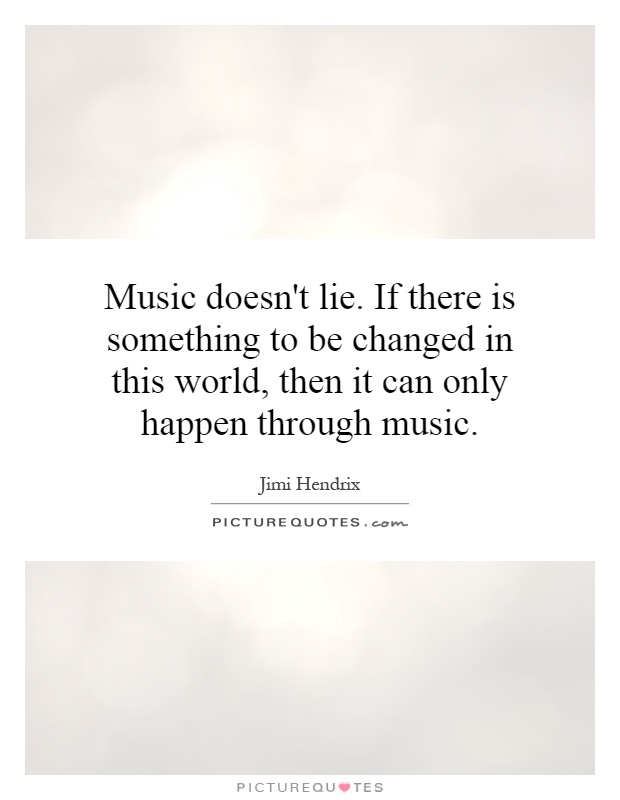
Music doesn't lie. If there is something to be changed in this world, then it can only happen through music
Jimi Hendrix, often hailed as one of the greatest guitarists of all time, truly embodied the idea that music has the power to change the world. His innovative and groundbreaking approach to music not only revolutionized the way the guitar was played but also challenged societal norms and inspired a generation to question the status quo.Hendrix's music was a reflection of the turbulent times in which he lived. The 1960s were a time of great social and political upheaval, with movements for civil rights, women's rights, and an end to the Vietnam War gaining momentum. Hendrix's music captured the spirit of the era, with songs like "Purple Haze" and "All Along the Watchtower" serving as anthems for a generation seeking change.
Hendrix's music was not just about entertainment; it was a form of protest and a call to action. His lyrics often touched on themes of love, peace, and unity, but also addressed the darker aspects of society, such as racism and war. In songs like "Machine Gun," Hendrix used his guitar to mimic the sounds of warfare, creating a powerful and haunting commentary on the violence and destruction of war.
Hendrix's influence extended far beyond the world of music. His bold fashion choices and unapologetic embrace of his Black heritage challenged stereotypes and inspired others to embrace their own identities. He was a trailblazer in the music industry, breaking down barriers for Black artists and paving the way for future generations of musicians.
In many ways, Hendrix embodied the idea that music doesn't lie. His music was a reflection of his own experiences and beliefs, and he used it as a tool to speak truth to power and inspire change. Through his music, he was able to connect with people from all walks of life and unite them in a common cause.
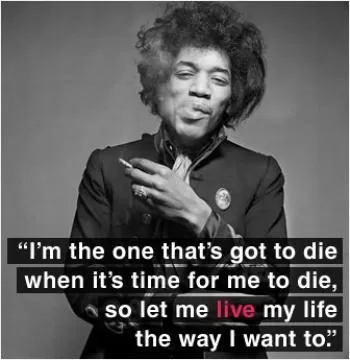
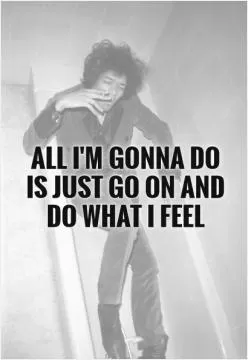
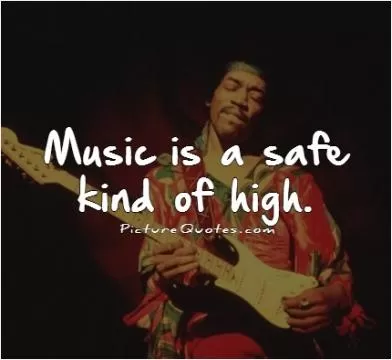
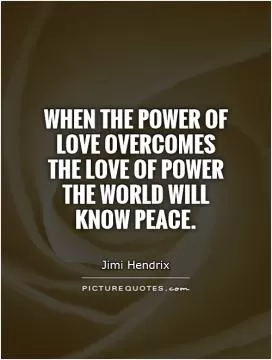
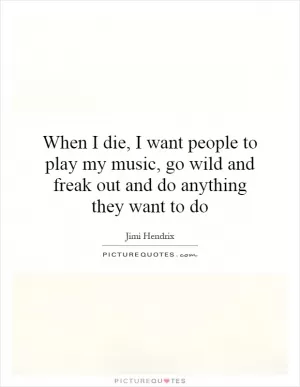
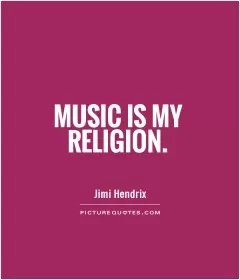
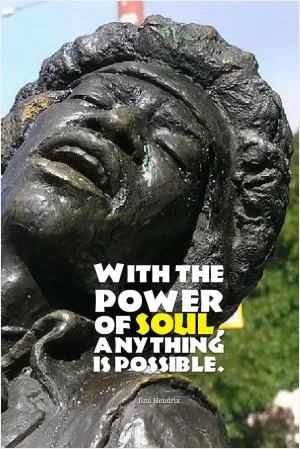
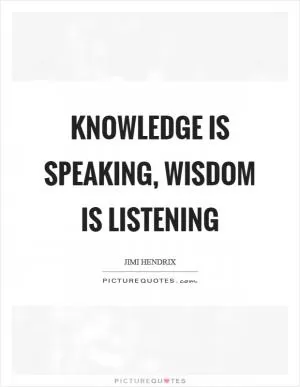


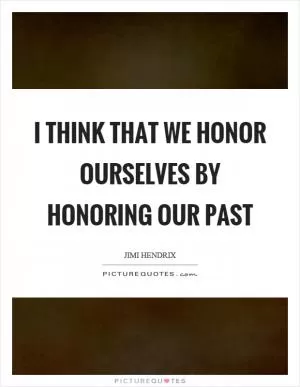
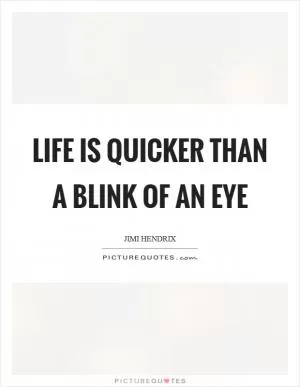
 Friendship Quotes
Friendship Quotes Love Quotes
Love Quotes Life Quotes
Life Quotes Funny Quotes
Funny Quotes Motivational Quotes
Motivational Quotes Inspirational Quotes
Inspirational Quotes